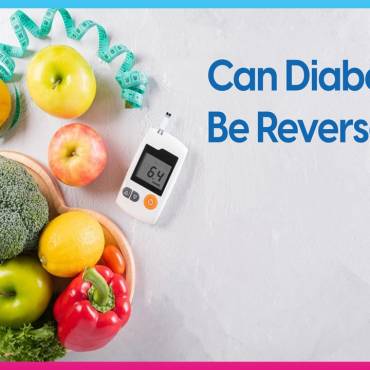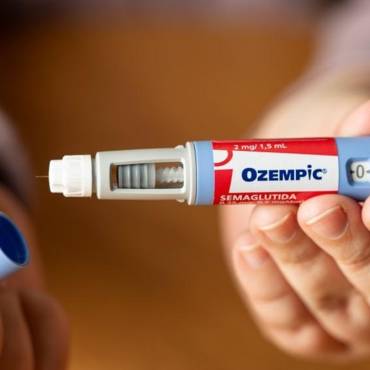While using alpha blockers, it is generally recommended to avoid ingestion of alcohol, especially when a patient is indulging in driving or other complex activities that require complete alertness. This article delves into alpha blockers, including examples, their side effects and tips for taking alpha blockers.
Alpha blockers: An overview
What are alpha blockers? Alpha blockers are categorised under the class of medications prescribed for the treatment of hypertension (high blood pressure), blockage of ureters (one or both tubes), and lower urinary tract obstruction at the level of the prostate and bladder neck.
Hypertension: Alpha-blockers are medicines that are primarily used to treat patients with high blood pressure. They are usually incorporated in hypertensive patients as an add-on medicine in difficult-to-treat conditions and where other medicines are poorly tolerated. These medications are prescribed only if other medicines, such as angiotensin-converting enzyme inhibitors, beta-blockers, or diuretics (water pills), are ineffective. Alpha-blockers may be used as well as these other medicines.
Prostate gland enlargement: Alpha blockers can help ease symptoms of an enlarged prostate. It improves urine flow in older men with an enlarged prostate, called benign prostatic hyperplasia (BPH). In the case of an enlarged prostate, whether or not to take an alpha blocker medicine depends on how severely the symptoms are affecting a man. If the symptoms are bothersome, getting a doctor’s prescription for an alpha blocker is a good decision. In case of mild symptoms or if the symptoms are not really affecting you much, then you may not need this medicine unless your doctor decides to.
The complications associated with the use of an enlarged prostate include:
-
- Having to wait before urine flows
- Dribbling urine
- Taking longer to pass urine
- Feeling that your bladder is not empty
How do alpha-blockers work? These medicines work by blocking the action of norepinephrine, a hormone responsible for tightening the muscles in the walls of small arteries and veins, which causes blood vessels to remain open and relax. This enhances blood circulation and lowers blood pressure.
In the case of an enlarged prostate, the medication is believed to cause relaxation of muscles in the body, thereby reducing the associated symptoms.
How long do alpha blockers take to work?
Well, most people who have been diagnosed with hypertension and prescribed one of the alpha-blockers may need to take medicine for the rest of their lives. However, in hypertensive patients whose blood pressure has been within range for three years or more, treatment may be discontinued.
For men who are using alpha-blockers for prostate gland enlargement, they are also usually used for a prolonged duration. Such patients may remain under close observation to review symptoms 4 to 6 weeks after you begin treatment. Once the frequency and severity of symptoms reduce, the condition is usually reviewed every year to ensure the medicine is working.
The class of medications was initially granted clinical approval in the 1970s and has been followed over time, with newer medicines added to the class in the 2000s. The intervention of new medicines arose due to concerns related to the vascular adverse effects of hypotension (low blood pressure below the normal range), syncope (fainting or passing out) and other associated adverse reactions.
Alpha blockers examples: Six alpha blockers are commonly used in clinical practice today: alfuzosin, Doxazosin, Tamsulosin, prazosin, terazosin, and silodosin.

Alpha blockers side effects
Although side effects are uncommon, they affect some people. They usually occur during the initial weeks of treatment and generally resolve on their own.
Commonly reported are headaches and dizziness. Rarely do sexual problems occur. Apart from these, there are conditions/situations in daily life when these medicines need to be avoided:
-
- Alcohol & alpha blockers: The use of alcohol is prohibited while receiving any of the alpha-blocker medicines. These medicines can enhance teh blood pressure-lowering effects of alcohol. It is believed that alcohol can negatively interact with these medicines, ultimately causing episodes of very low blood pressure, medically termed hypotension. The extent of this interaction can vary from one individual to another, depending on the type of alpha blocker and the quantity of alcohol consumed. Extremely low blood pressure can cause dizziness, which can interfere with your quality of life, possibly affecting your performance at the workplace or home and preventing you from participating in daytime activities. Being dizzy may also increase the risk of fainting, ultimately leading to injury and disability. If a patient is taking other medications that can cause drowsiness, worsening of side effects may occur.
- Driving and alpha blockers: As mentioned above, alcohol consumption significantly lowers blood pressure, increasing the risk of dizziness. Low blood pressure and dizziness are particularly dangerous when driving.
- Exercise and alpha blockers: While following an exercise program, alpha blocker medicines can affect blood pressure. So, it is always recommended to begin gradually and avoid a nonstop, intense workout throughout the treatment. Every patient using these medicines must be aware of potential side effects like light-headedness and dizziness.
Preventive measures
-
- Pay attention if signs of drowsiness or excessive fatigue are experienced.
- When initiating treatment, it is best to begin with the lowest possible dose and gradually increase it under a doctor’s supervision.
- In case light-headedness or dizziness occurs as a side effect of alpha blockers, driving or operating complex machinery should be avoided until discussed with the healthcare specialist and the adverse effects have subsided.
- It is always important to warm up the body before exercising and cool down afterwards to reduce the heat load and regulate blood pressure.
- It is usually recommended to start with yoga or simple exercise and gradually increase the intensity of your exercise, prioritising your comfort. Dehydration may contribute to the side effects of alpha blockers, so it is important to have an adequate amount of water and ensure proper hydration.
Verdict!
Dizziness can be treated by simply adjusting the dose, avoiding alcohol, or taking the medicine at a different time of day. Following these simple tips will ensure the safe and effective use of alpha blockers.



